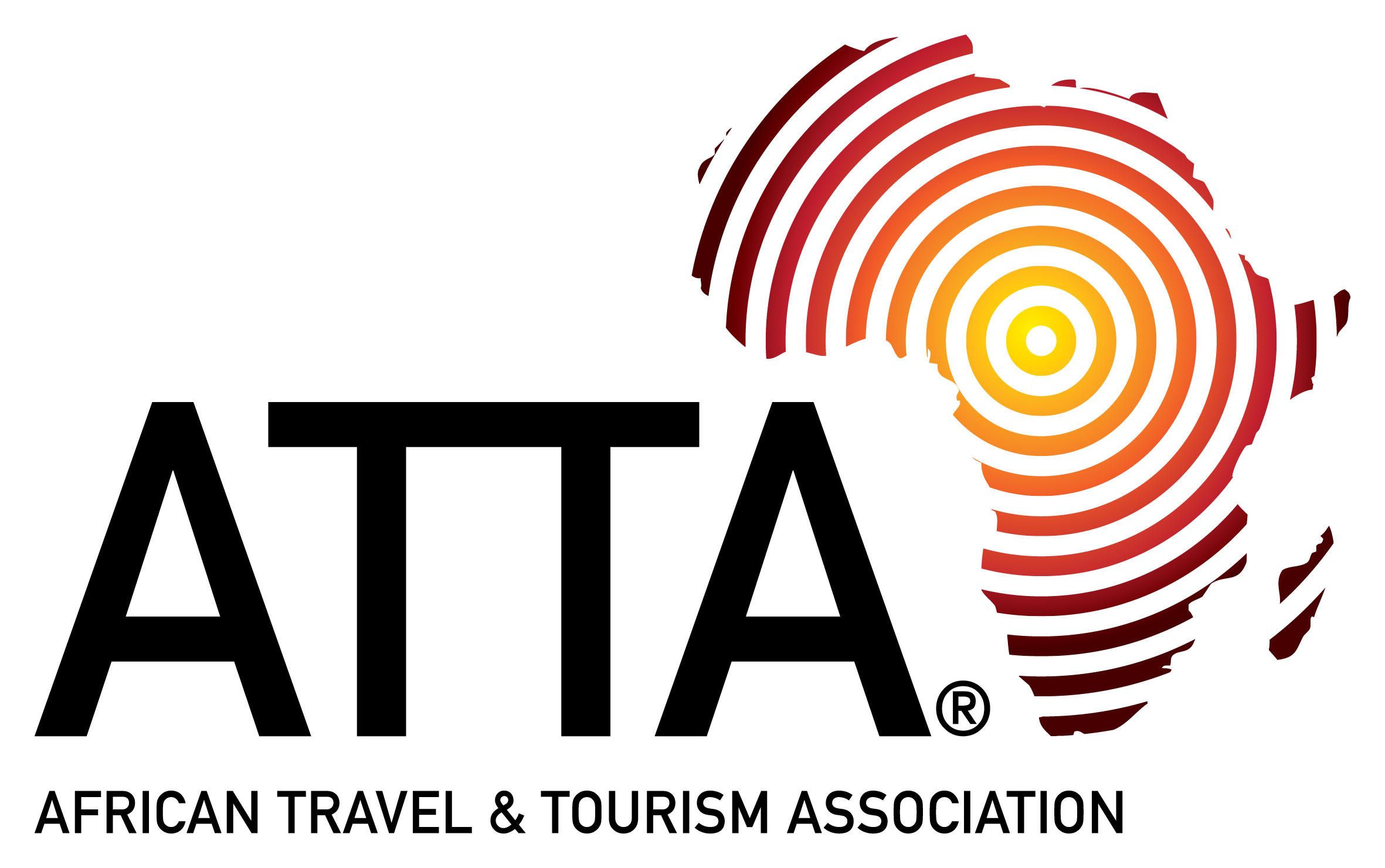Gane & Marshall
Unforgettable journeys,
tailor-made for you.
Responsible Tourism
What is it and why does it matter?
Travel is among the world’s largest industries. Every year, around one billion people travel overseas on holiday – you may be one of them. Naturally, this has an immense impact on the environment and economy that will only continue to increase as the travel industry grows.
While tourism can bring significant benefits to local communities, including money and employment, cultural exchange, and an impetus to protect natural habitats and wildlife, it can also, if managed without care, have severely negative impacts, including the violation of local peoples’ rights, diversion of natural resources, and the disturbance or even destruction of native habitats and wildlife.
Responsible tourism is about being aware of these potential positive and negative impacts and managing travel in such a way so as to promote the former and not the latter. For us as a tour operator, this means ensuring that the social, economic and environmental impact of our holidays is considered at all stages of planning. For you as a traveller, it is about being aware of the potential effects of your holiday as well as the ways in which you can minimise your impact on the environment and benefit the communities that you visit.
Our approach to responsible tourism
At Gane and Marshall we aim to:
use locally owned and managed accommodation by preference.
encourage local income generation by supporting local shops and restaurants, and using native tour guiding and ground handling services.
encourage – through our ground handlers, literature and presentations – travellers to act in a responsible way and with an insight and understanding of the host destination.
encourage appropriate tipping, with guidelines for each destination.
follow local and international guidelines about environmental protection.
ensure that foreign operators based in host destinations are not used in preference to local tour operators and guides.
ensure that our holidays are appropriate to local conditions and operate within the limits set by local infrastructure.
Specific to our trekking and adventure holidays, we also ensure that we:
minimise our environmental impact by promoting only small group tours.
where employed, educate our UK guides on responsible tourism practices and cultural norms in the host countries.
follow the IPPG (International Porters Protection Group) guidelines for the treatment and rights of porters.
As concerns the environment, Gane and Marshall will:
- minimise water and atmospheric pollution from tourism
achieve zero litter policies.
integrate environmental considerations into all economic considerations.
How do we achieve these aims?
- Donate to local initiatives
At Gane and Marshall, we provide financial support to a number of projects and initiatives that benefit local communities in the destinations we promote. Other local initiatives that we support on an annual basis include the Kilimanjaro Guide Scholarship Foundation (we fully fund one scholarship annually) and the Simien Mountains Mobile Medical Service (we fully fund each year the training of a nurse).
- Support local communities
We want to ensure that local communities welcome the arrival of our travellers, and we do this by ensuring that we rely on the local community as much as possible for all services and local accommodation. We always favour the employment of local guides, porters and other support staff, and we try to use locally-owned accommodation where suitable options exist.
- Protect our staff
As members of International Mountain Explorers Connection (IMEC), we follow International Porter Protection Group guidelines to ensure that each porter is treated correctly and paid fairly.
- Animal welfare
We give great thought to the welfare of the animals encountered during our holidays and do not promote any activities that we feel may be exploitative or harmful. This includes elephant-back safaris and other forms of interaction with captive elephants, as well as visits to lion/tiger farms or profit-making animal “orphanages”. We do not work with any reserves that offer canned hunting, as is common in South Africa and Zimbabwe.
- Carbon footprint
We have made a number of adjustments to the way we manage our office processes in recent years in order to reduce our carbon footprint:
- Energy consumption - We aim to conserve and reduce our energy consumption through improving management systems and using equipment with lower energy use.
- Recycling - We recycle 90% of office waste paper as well as glass and cans. Through tight management systems, we try to reduce paper consumption and keep waste to a minimum. We source paper, used in our administration process, which is 100% recycled. We also recycle ink and toner cartridges and send old mobile phones and computer equipment to charities, which recycle them and use the proceeds to fund causes in Africa.
- Automated office operations - The vast majority of our administrative operations are now automated and completed digitally, greatly reducing the amount of ink, toner and paper that we use.
What can you do?
Pre-travel
You too have an important role in ensuring that these guidelines are met and your holiday an example of responsible tourism. Above all, this involves showing respect for the places and people you visit. This starts at home.
- Familiarise yourself with the culture
Research the country or region you are visiting. Be aware of the local mores and sensitive to the country's culture. (You may find it helps to refer to the country info packs that we provide for each destination).
- Learn the language
A few well-chosen words can go a long way. If you are able to communicate, even at a very basic level, you will feel more comfortable in the environment you are in and put your hosts at ease.
- Raise money for a local charity
If you're participating in one of our adventure holidays or treks, consider raising money for a local charity that works in the destination you are visiting – if unsure, ask us for suggestions.
In-country
It is while in-country that you will have the biggest influence on the environment and communities you visit, so this is your chance to make the experience as positive as possible. Some of the suggestions that follow are self-explanatory but others may alert you to concerns you’d not considered.
- Litter
Please take it with you. If in remote areas, this may mean carrying your rubbish until you find a suitable place to dispose of it. If camping, leave the area as you found it.
- Water
In many parts of the world, water is a scarce resource. It is important to keep this in mind and, while you should never be without clean drinking water or water to wash with, you should try not to be wasteful.
- Noise
In public spaces, be considerate, as you would at home, about excess noise. When on safari, noise should be kept to a minimum so as not to disturb the wildlife or other safari-goers.
- Animal welfare
Do not goad or disrupt the wildlife. Avoid approaching or touching animals unless following the example of your guide.
Many of our expeditions involve the use of pack animals for transport and porterage. Animals should be fed well and given practical loads to carry; if you see anything of concern, please let us know.
- Plants
Be respectful of local flora as you would the fauna. Do not pick flowers that might be rare. Try to keep to the paths when trekking so as not to damage the natural environment. Do not remove or tamper with natural coral, as it is both dangerous to you and greatly harmful to the environment.
- Physical contact
Be conscious of what is considered acceptable with regards to body contact and language so as to avoid embarrassing situations.
- Gifts
On many of our holidays – particularly those visiting poorer regions such as East Africa, Nepal, India – you will have the opportunity to visit local community projects such as schools and community centres. It is best to let us know in advance if you would like to donate gifts or money so we can provide advice on the best way to do so. Handing out gifts or money to children individually is not generally advised.
- Poverty
In many countries you will encounter extremes of poverty not encountered at home. You will encounter beggars, and while it is a personal matter whether you choose to give them money, try not to be condescending, and try not to flaunt your wealth. We would advise against giving sweets and treats to children, especially if your intention is to solicit a photograph.
- Tipping
Tipping is acceptable and in many cases expected. In some countries, tipping is unfortunately more than expected, and can form the basis of the local economy. Please refer to our suggestions for the country you’re visiting.
- Bargaining
Bargaining is expected and common practice in many markets – if in doubt, ask your guide whether bargaining is acceptable and what they think is a fair price for the goods that interest you. Only bargain if you intend to buy, and do not become aggressive with vendors – while it is important to be savvy when shopping, do remember that haggling is normal for locals as well as tourists in many countries and vendors are obliged to set their prices with this in mind, and not necessarily in order to exploit.
- Locally-made crafts
Avoid the purchase of ivory or other goods made from endangered animals. We appreciate that it’s often impossible to know exactly where goods have come from and how they’ve been created. Ask your guide if unsure.
- Respect
Be courteous to those you meet on your travels and try to respect local customs. Most locals will be forgiving of foreigners who do not know every local custom, but it is always worth making an effort. This might mean remembering to take your shoes off when you enter a home or traditional guesthouse in Japan, for instance, or entering and exiting a Buddhist temple via the correct passages. Similarly, in many countries, displays of public intimacy are frowned upon.
Local mores and customs such as these should soon become obvious to sensitive travellers, but it can be easy to forget when travelling with others.
- Photography
Always ask permission before taking someone's photo – this includes vendors and locals in traditional dress. In poorer countries, many people will be able to happy to have their photo taken, but they may expect or actively solicit donations – do not be surprised by this. Be especially considerate when taking photos of children. The practice of giving children money or sweets for photos is rightly considered exploitative in many places and strongly frowned upon; in other countries, children are actively used to earn money in this way and may be kept away from school as a result.
- Dress code
Observe local dress codes, and dress appropriately for the places you are visiting (i.e. make sure you cover up when visiting holy sites).
- Treat local staff with respect
Treat any guides, porters and other staff you may meet while travelling with respect, and they will treat you similarly.
Post-travel
- Keep your promises
If you promise to write or send photos to people you meet, please remember to do so.
- Feedback
Let us know if you have any concerns about anything you encountered during your holiday and if you feel there is any way we can improve on our local operations.



